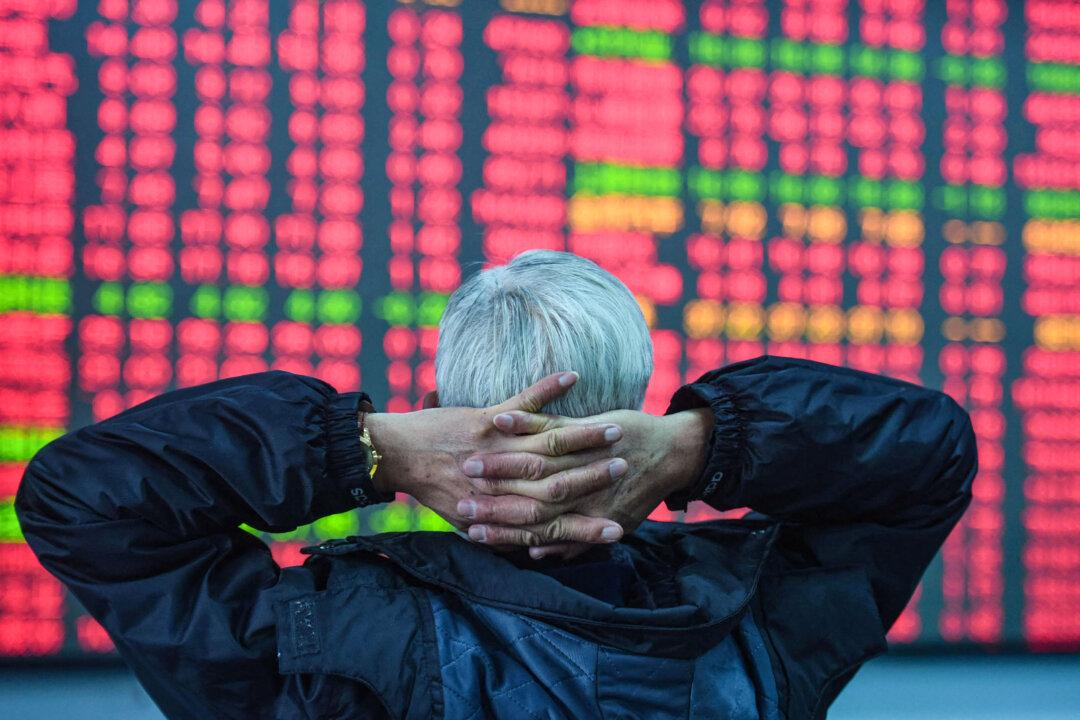Analysis
After experiencing six consecutive weeks of decline and failing to maintain the 3,000-point threshold on the Shanghai Composite Index, China’s stock market ended the first half of the year on the decline, with a volatile rebound on June 28. Despite this, it still fell short of reclaiming the crucial 3,000-point mark.





